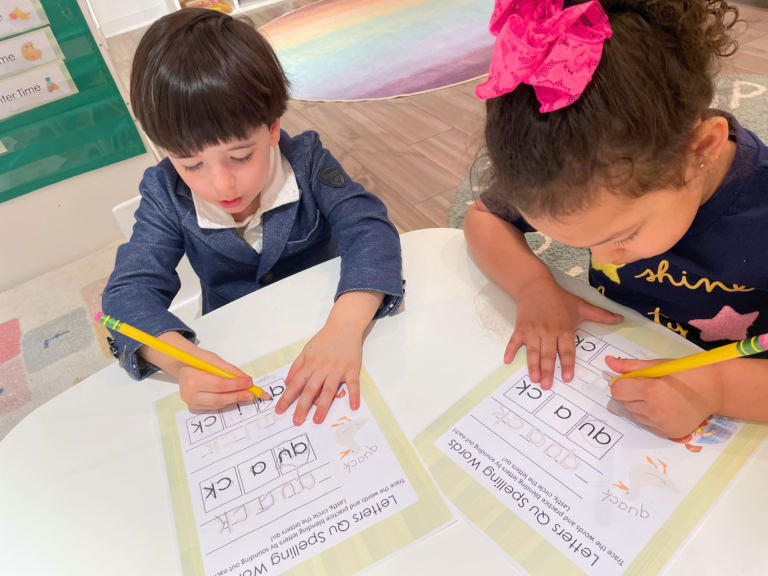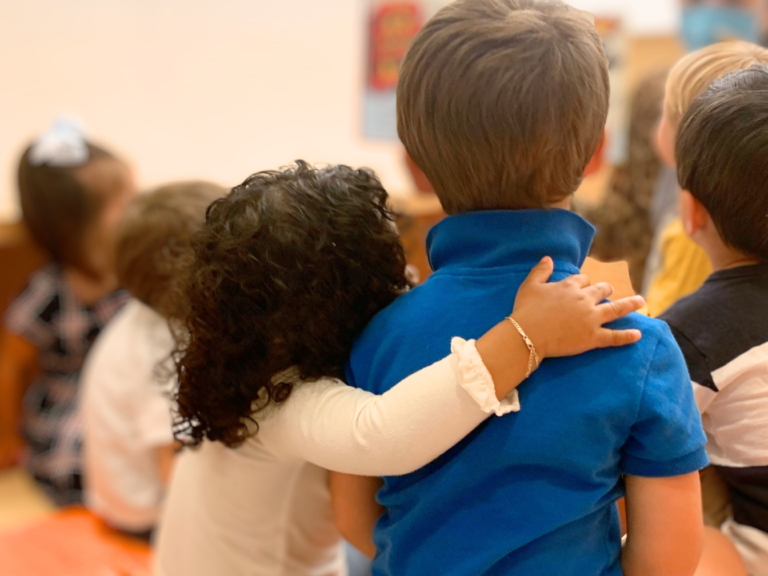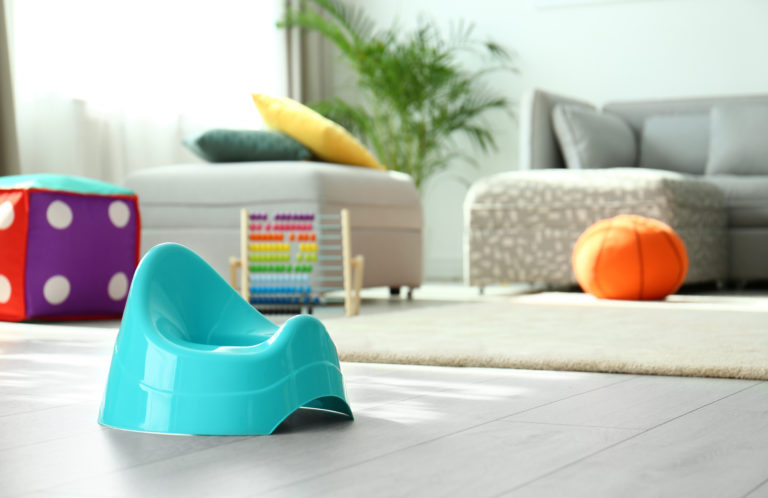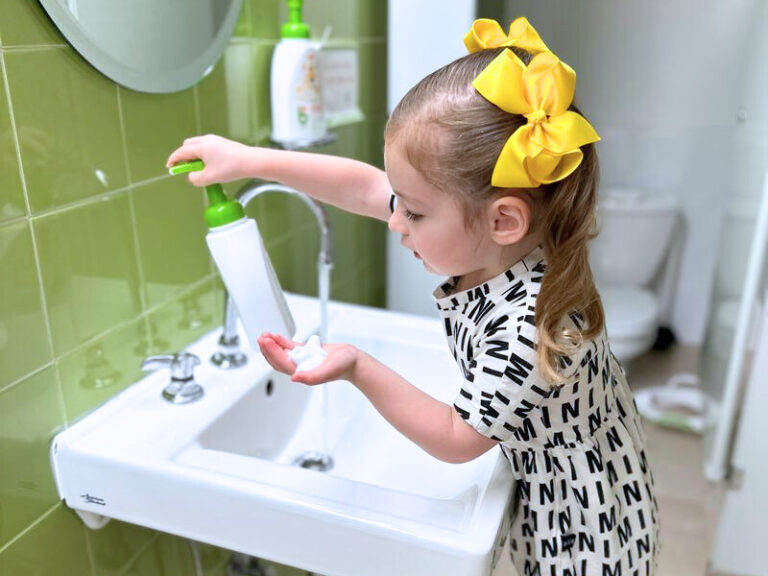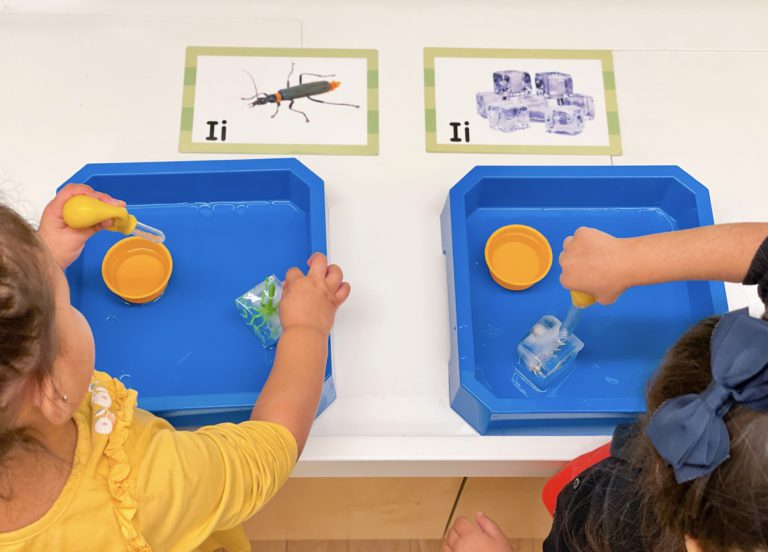How to Talk to Your Kids about Difficult Topics
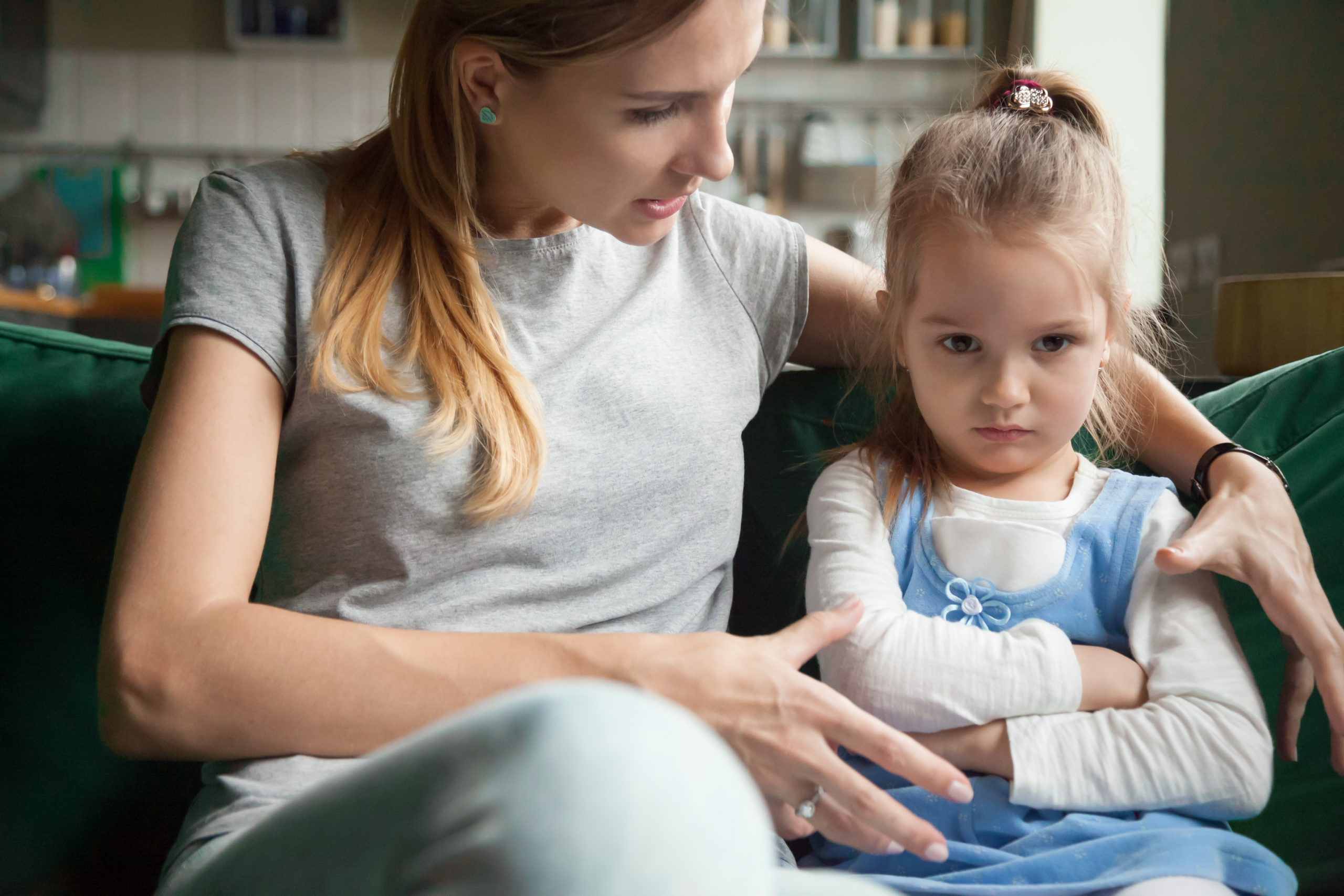
One of the greatest parts about working with little ones is watching them become curious about the world around them. When little ones begin to communicate their curiosity, typically in the form of “why” questions, they look to the grown-ups in their lives for answers. Sometimes we have the answers, and sometimes our little ones want to dive deeper than our current knowledge or comfort allows. That is typically the time we turn to google for an answer, or even end the conversation. However, shutting down those conversations, especially when the topics are uncomfortable, could possibly keep your little one from asking questions in the future. When it comes to difficult topics, it is important for the social emotional learning of your child for you to be gentle, open, and present.
Be Gentle
“Why” can easily turn into a new parent’s least favorite word. When little ones get curious, it’s their go-to question for every answer you give. While it can get repetitive, your little one only wants to learn and know more. It is also okay to answer with a gentle “I don’t know, but we can look it up.” or “I don’t know, but so-and-so knows, and we can ask them!” This also teaches them that they can learn the answers to their questions from different sources as their social emotional learning grows. When the question-topics get difficult, it’s important to be patient with yourself as well. As a new parent, give yourself grace and answer to the best of your ability. Take your time, and, when in doubt, think about how you may have wanted a grown-up in your life to have explained the answer when you were younger.
Be Open
When little ones have someone who will answer their questions, they grow comfortable enough to ask just about anything. As a new parent, (or even an old pro,) staying open to your little one’s curiosity encourages them to express themselves not only through questions, but through their personality as well. Seeing you stay open to questions can also inspire them to move through the world with an open mind and heart. Here is an example: let’s say someone your family knows has passed away. You explain to your little one what happened, give them space to ask questions, and answer them to the best of your ability. When the conversation seems to be coming to a close, you can say: “This can be hard to talk about, but if any other questions come up, you can always ask me.” Keeping the conversation open is so important to your little one’s social emotional learning.
Be Present
With difficult topics, big feelings can come up for both you and your little one. Throughout the conversation, check in with your little one by asking: “Does this make sense?” and “How do you feel in your body?” Though it can be uncomfortable, sit with those feelings and talk about them. With the earlier example, they may say something to the effect of: “This makes me feel sad.” You can share your own feelings and perceptions: “It makes me sad too. In my body, it feels like my tummy has butterflies. How does yours feel?” We are not born with an understanding of complex emotions, but we do know when something in our body feels different. Exploring through social emotional learning how those feelings resonate in our body gives us a better understanding and care for those emotions. It also helps us stay in the present moment, feel our feelings, and move forward.
Difficult topics can be emotionally draining for all of us. After these conversations, make sure to do something that makes you and your little one feel good — maybe taking a walk in the park, making a snack together, or turning on a favorite movie. Teaching your little one how to care for themselves, especially when experiencing big emotions, is one of the best practices you can pass on to them as a new parent. It can also be a great reminder to us grown-ups to practice our own self-care.
Popular


Hi, I'm Miss Julia!
Miss Julia has been an early childhood educator for 5 years, with over 10 years of experience working in childcare. She has been teaching at Playgarden Prep since 2017, and is happy to share ideas on some of her favorite early education topics with you! Miss Julia has a BA from UC Irvine, and uses her experience in performing arts to inspire little ones every day in her enrichment classes at Playgarden. In her free time, Miss Julia loves enjoying nature, cooking, and creating with friends.

